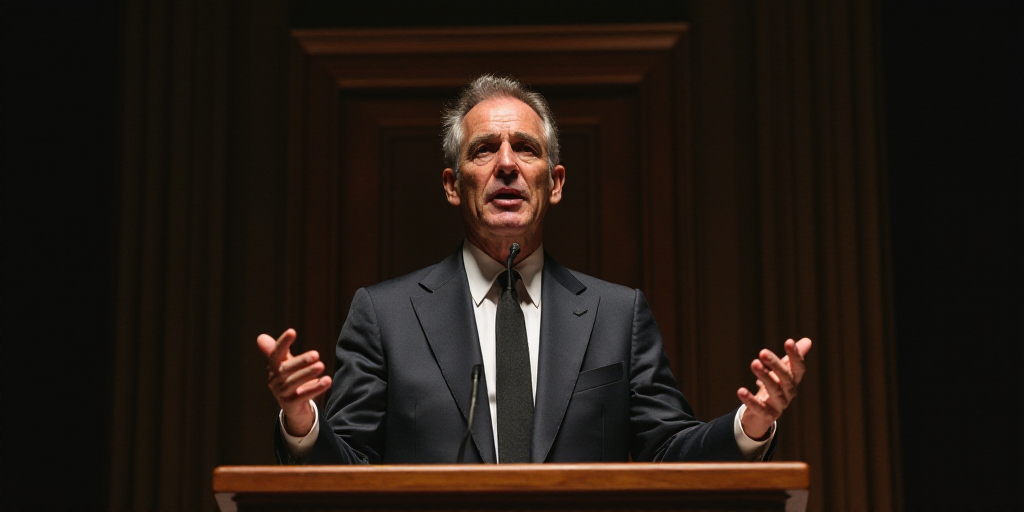Background on Friedrich Merz and His Role
Friedrich Merz, a prominent conservative leader, assumed power in May and is now spearheading this fiscal shift. Merz’s government plans to take on substantial debt as part of a strategy to pull Germany, the largest economy in the Eurozone, out of an extended recession.
Key Investment Areas and Debt Allocation
The German government unveiled its budget plans on June 24, targeting massive investments in critical sectors while accepting a record-high debt level. The ambitious program, set to be voted on by Parliament in September, aims to modernize Germany’s deteriorating infrastructure and optimize public services.
- Military: The government intends to invest heavily in strengthening the military, with defense spending projected to reach €162 billion by 2029.
- Infrastructure: Significant investments are planned for roads, railways, and hospitals to revitalize the nation’s crumbling infrastructure.
- Public Services: The government seeks to optimize public services, ensuring job security and creating new employment opportunities.
Rationale Behind the Fiscal Shift
Lars Klingbeil, Germany’s Finance Minister, emphasized the importance of this fiscal shift during the budget plan presentation:
“Our primary goal is to stimulate the economy, ensure job security in our country, and create new employment opportunities. Our nation has suffered from austerity measures in many areas, and the investment lag is immense.”
Debt Allocation and Timeline
The German Ministry of Finance plans to accumulate a staggering €847 billion in debt over the legislative period. This amount will be divided between regular budgets and special funds earmarked for specific purposes, such as bolstering the military and infrastructure.
- Debt Allocation: The debt will be distributed across various sectors, with a significant portion allocated to military modernization and infrastructure improvements.
- Timeline: The massive investments and debt accumulation will occur over the course of the legislative period, with defense spending peaking at €162 billion by 2029.
Impact on Germany and the Eurozone
Merz’s government believes that these substantial investments and the resulting debt will be instrumental in reviving Germany’s economy, which has been struggling amidst a prolonged recession. By modernizing infrastructure and optimizing public services, the government aims to create jobs, stimulate economic growth, and position Germany as a leader in the Eurozone.
Key Questions and Answers
- Who is Friedrich Merz? Friedrich Merz is a prominent conservative leader who took office as Germany’s Chancellor in May. He is driving the current fiscal shift, aiming to pull Germany out of its extended recession.
- What are the key investment areas? The German government plans to invest heavily in modernizing military forces, improving infrastructure (roads, railways, hospitals), and optimizing public services to create jobs and stimulate economic growth.
- How much debt will the government take on? The German Ministry of Finance plans to accumulate €847 billion in debt over the legislative period, with significant portions allocated to military modernization and infrastructure improvements.
- When will the investments peak? Defense spending is projected to reach €162 billion by 2029, marking the peak of military investments during this fiscal period.






